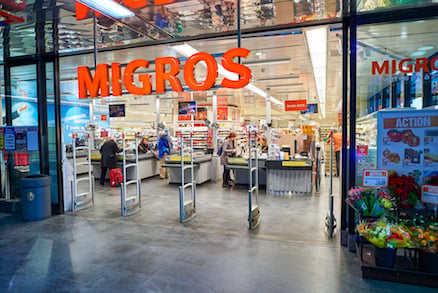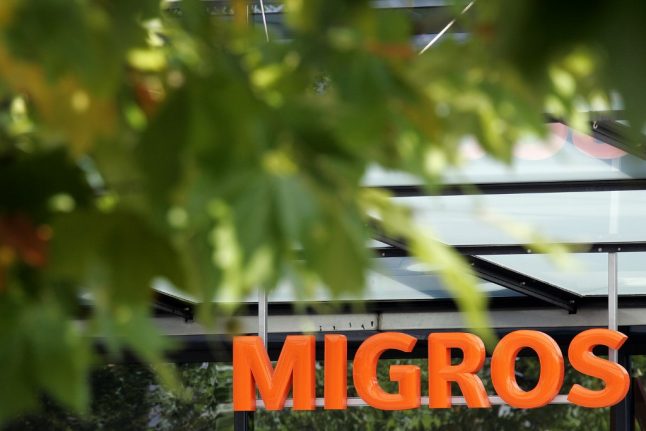The boycott concerns 19 shampoos and conditioners from Nivea. The products that the retailer still has in stock are currently being offered with a price reduction of 50 percent and the sale lasts until May 11th.
In a tweet, the retailer wrote: “The internationally operational Beiersdorf AG demands from us purchase prices which are sometimes well above the sales price abroad. That's why we currently have a stop on orders and a 50 percent sale on Nivea haircare products. We are committed to fair prices.

Migros has discounted Nivea Shampoo and conditioner as it negotiates for cheaper wholesale prices. Photo: Twitter
Migros argues that the German Nivea owner Beiersdorf demands purchase prices that are too high and unfair, as they are well above the selling price in Germany.
Migros believes there are two ways in which Nivea products can get back on the shelves: through successful negotiations with Beiersdorf or by finding alternative sellers of the same products.
Read also: Switzerland's Migros launches second 'no frills' hotel room
Negotiations are still ongoing, but it is unclear when the two parties will find a solution. Michael Stadler, a strategy lecturer at the Zurich University of Applied Sciences (ZHAW), told news site 20 Minutes that he expects a negotiation period to last weeks.
The pressure of a Swiss retailer on an international group like Beiersdorf is relatively small. Although margins are high in Switzerland, the country is too small for the Migros boycott Beiersdorf to cause any significant damage.
Nevertheless, past experience has shown that Swiss boycotts can certainly bring about price cuts. In 2011, Coop and Migros removed L'Oréal products from their shelves until a price reduction of around 10 percent was negotiated.



 Please whitelist us to continue reading.
Please whitelist us to continue reading.
Member comments